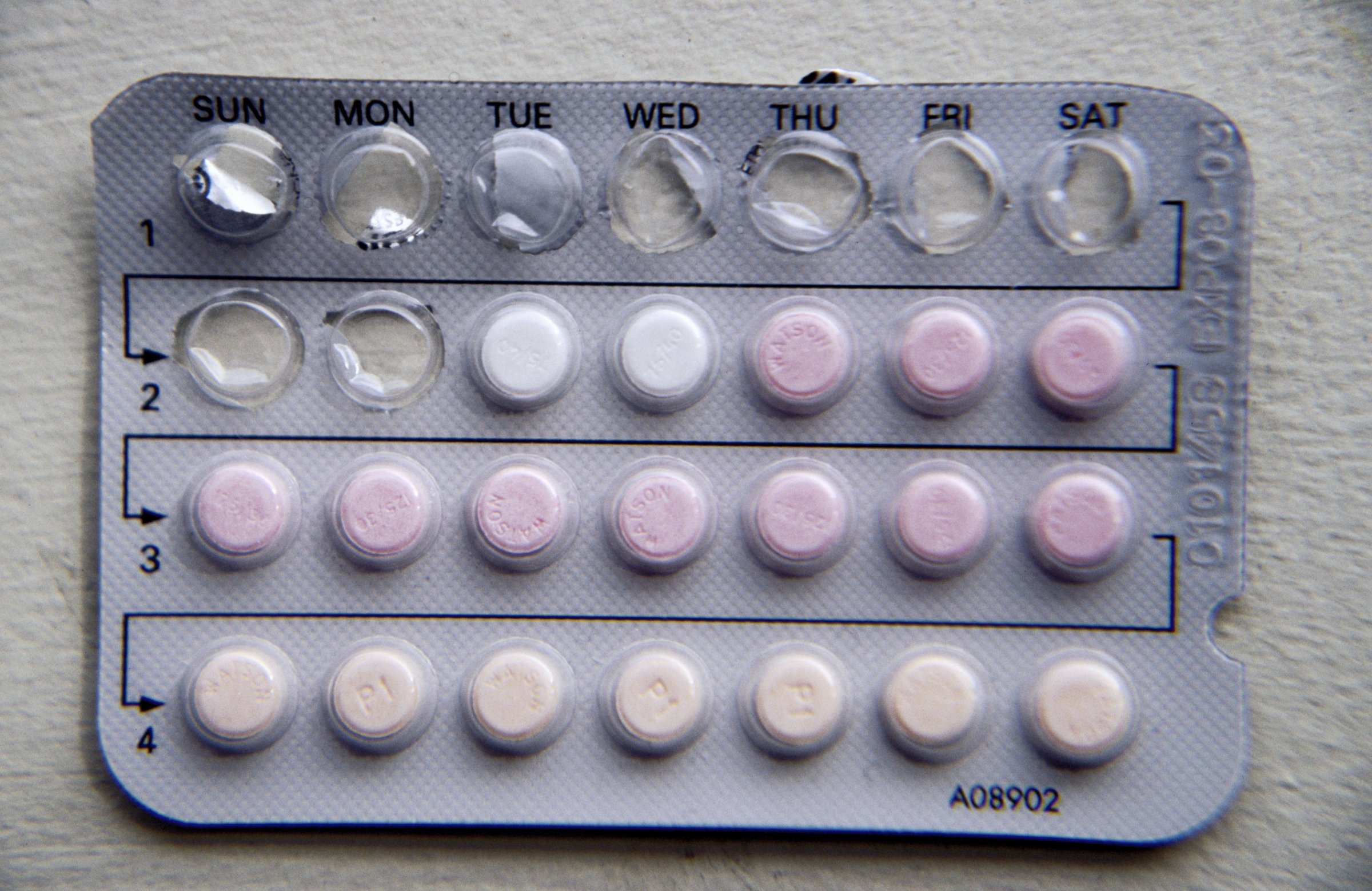
Oral contraceptives and an increased risk for breast cancer have been linked in the past, but now researchers have made the link again, showing women who recently used birth control pills with high-dose estrogen have an increased risk for breast cancer compared to women using other versions.
The researchers looked at pharmaceutical oral contraceptive records and prescriptions of 1,102 women diagnosed with breast cancer and and 21,952 controls. Compared to women who formerly used birth control pills or never used them, the risk for breast cancer was increased by about 50% for women who did. The researchers note that the highest risk was for high estrogen—and there was no risk found for low-dose pills. The study is published in the journal Cancer Research, under the American Association for Cancer Research.
The researchers stress that caution is needed when interpreting their findings. “Given that these results have not yet been confirmed, and the importance of assessing the many established benefits of oral contraceptives as well as the risks, we are not able to give any clinical recommendations based on this study,” says study author Elisabeth F. Beaber, a staff scientist in the Public Health Services Division of Fred Hutchinson Cancer Research Center. “It’s an intriguing finding, but there really do need be larger studies with larger sample sizes in different populations to really confirm if these results hold up.”
The formulations of oral contraceptives have changed over the years, and in fact, Beaber says that in general that there are few high dose estrogens formulations on the market. In their study, among the controls, less than 1% filled a prescription for a high-estrogen pills.
For now, the study is a call for further research. With prior evidence, the National Cancer Institute says that evidence shows their might be an increased risk for breast cancer, especially younger women, but that their risk returns to normal after 10 years of discontinued use. Women using oral contraceptives are shown to have a lower risk of ovarian and endometrial cancer. You can learn more about the link between oral contraceptives and cancer.
More Must-Reads from TIME
- Why Trump’s Message Worked on Latino Men
- What Trump’s Win Could Mean for Housing
- The 100 Must-Read Books of 2024
- Sleep Doctors Share the 1 Tip That’s Changed Their Lives
- Column: Let’s Bring Back Romance
- What It’s Like to Have Long COVID As a Kid
- FX’s Say Nothing Is the Must-Watch Political Thriller of 2024
- Merle Bombardieri Is Helping People Make the Baby Decision
Contact us at letters@time.com